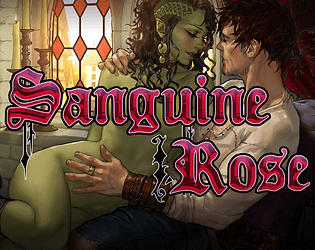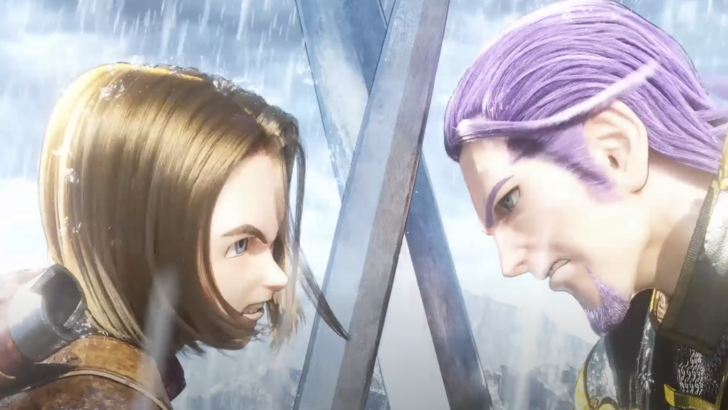
The Evolving Role of the Silent Protagonist in Modern RPGs: A Conversation Between Dragon Quest and Metaphor: ReFantazio Creators
Veteran RPG developers Yuji Horii (Dragon Quest) and Katsura Hashino (Metaphor: ReFantazio) recently discussed the challenges of utilizing silent protagonists in today's advanced gaming environment. Their conversation, featured in the "Metaphor: ReFantazio Atlas Brand 35th Anniversary Edition" booklet, explored the evolving landscape of RPG storytelling and the impact of increasingly realistic graphics.
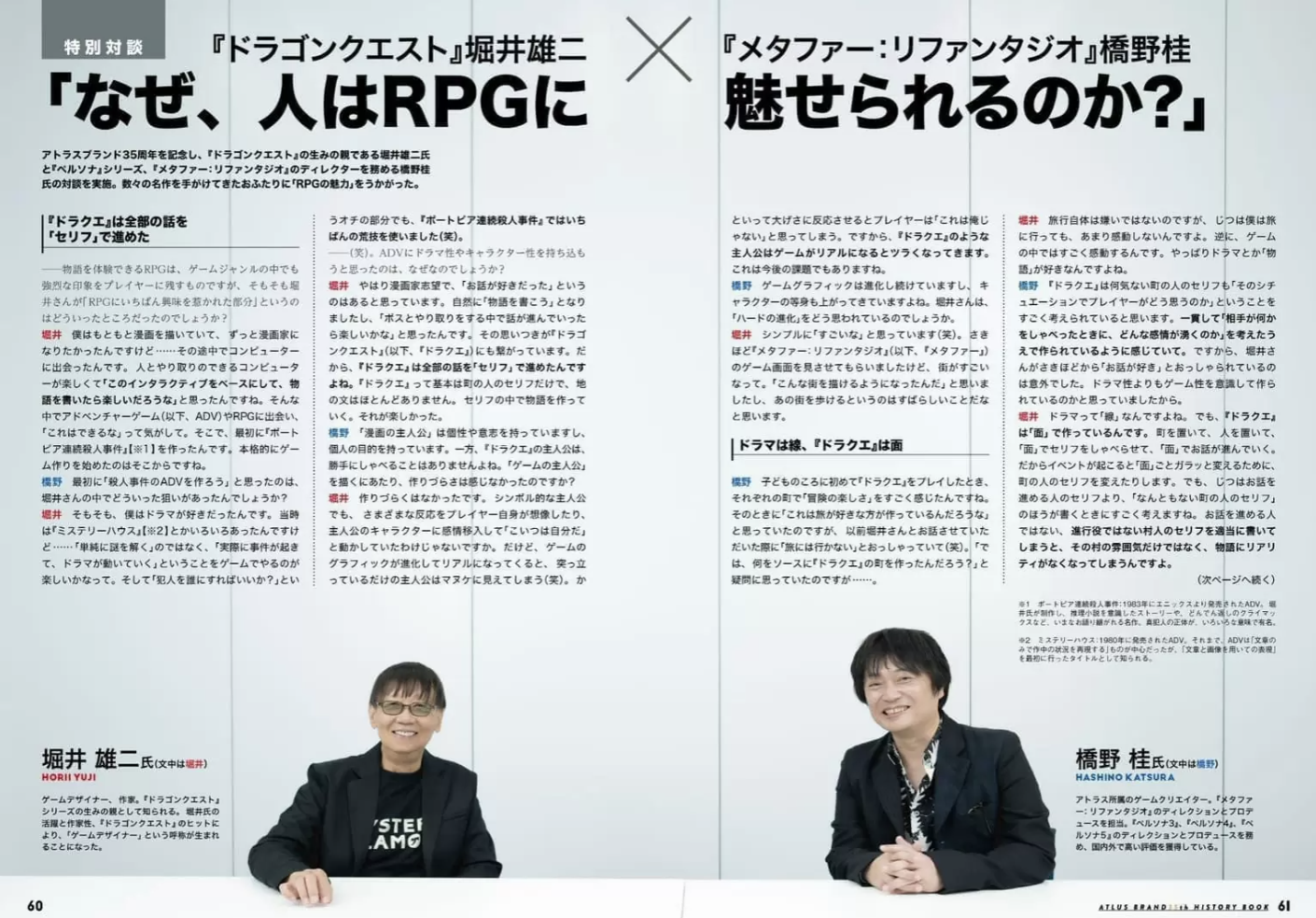
Horii, known for Dragon Quest's iconic silent protagonist, described the character as a "symbolic protagonist," allowing players to project their own feelings into the game. This approach worked well with the simpler graphics of earlier games, where limited animation didn't highlight the lack of visible emotion. However, Horii jokingly admitted, "As game graphics evolve and grow increasingly realistic, if you make a protagonist who just stands there, they will look like an idiot."
Horii, whose background includes aspirations to be a manga artist, emphasized Dragon Quest's narrative structure, built primarily on dialogue interactions rather than extensive narration. He highlighted the game's focus on player immersion through dialogue-driven storytelling.
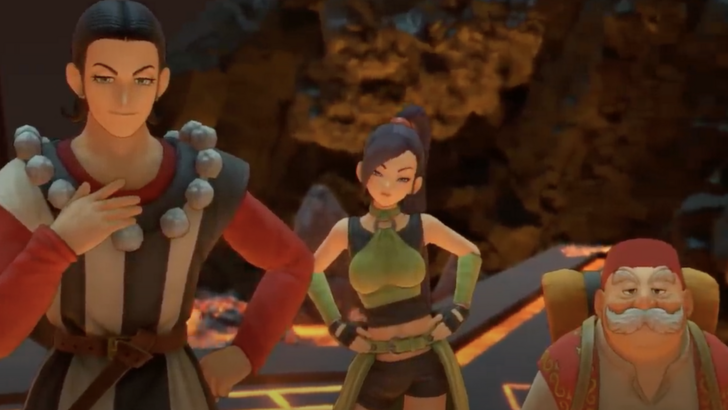
The simplicity of NES-era graphics allowed players to readily fill in the emotional gaps left by the silent protagonist. However, with modern advancements in visuals and audio, Horii acknowledged the increasing difficulty of maintaining this design choice, stating, "That’s why, the type of protagonist featured in Dragon Quest becomes increasingly difficult to depict as games become more realistic. This will be a challenge in the future too."
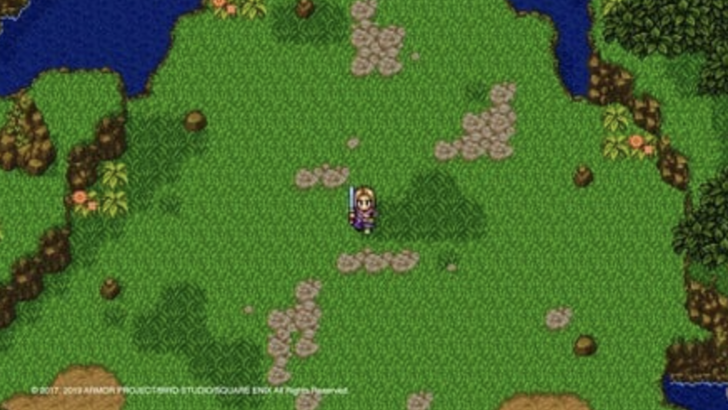
In contrast to Dragon Quest's continued use of a silent protagonist, many modern RPGs, such as the Persona series, feature fully voiced protagonists. Hashino, director of the upcoming Metaphor: ReFantazio (which will also feature a fully voiced protagonist), praised Horii's approach, emphasizing Dragon Quest's player-centric design. Hashino commented on Horii's ability to create emotionally resonant experiences, even within simple interactions with non-player characters.

The discussion highlights the evolving relationship between technological advancements and narrative design in RPGs, questioning the viability of the silent protagonist in an era of increasingly realistic and expressive game characters.









